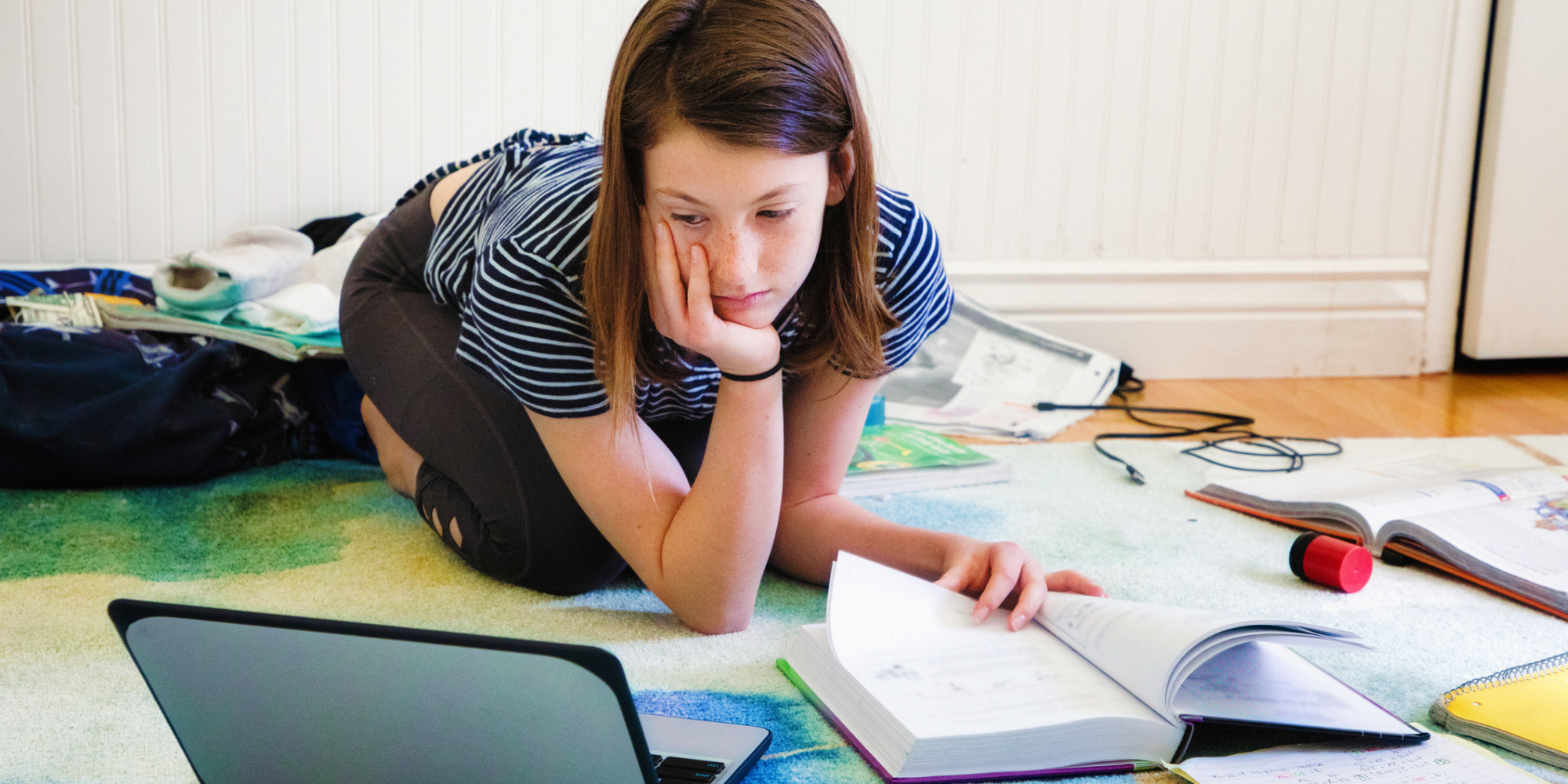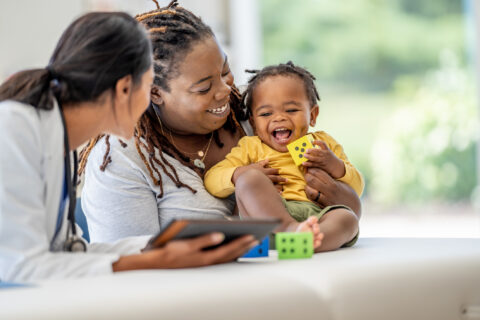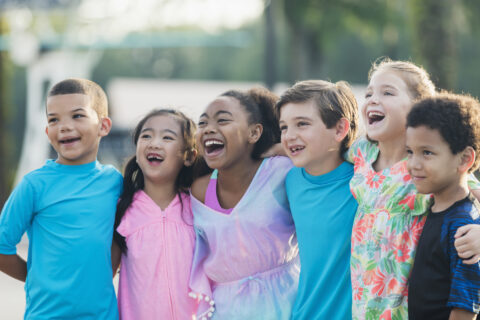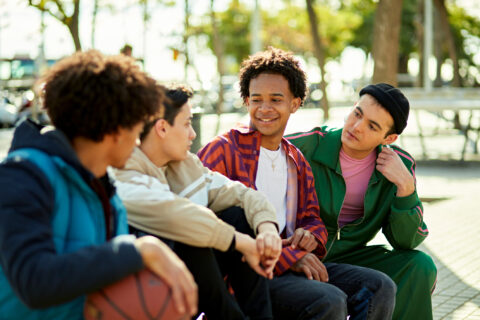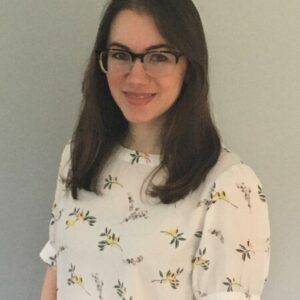In March of 2020 school districts across the U.S. abruptly closed their doors and transitioned to remote learning to prevent the spread of COVID-19. Immediately, teachers, parents, administrators, and community leaders expressed concern about low school attendance and engagement.
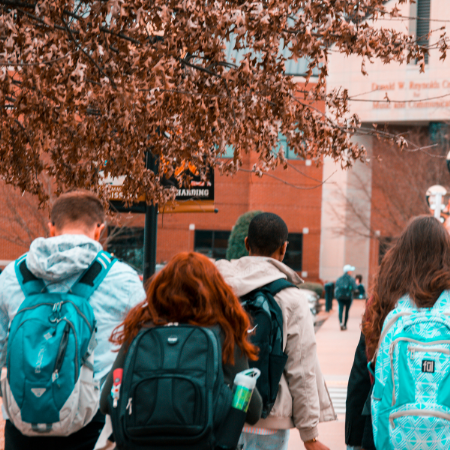
In response, the National League of Cities partnered with the Coalition for Community Schools and created theStudent Reengagement After COVID-19 School Disruptions project with support from the Bill & Melinda Gates Foundation and the Annie E. Casey Foundation. The project included peer-learning gatherings of more than 75 community leaders from across the U.S. and input from young people in middle and high school to understand the problem and identify potential solutions to develop tools and resources.
NLC based its approach on research that indicated the harmful long-term effects of unfinished learning on earnings, employment, housing, and health that can last well into adulthood. This puts entire generations at risk. Now a new interactive resource hub, Rebuild: Reengaging Middle and High School Students that builds on an earlier resource, Addressing Student Reengagement in the Time of COVID-19, highlights local case studies, recommendations for local action, and captures the voices of young people impacted by the pandemic.
How Have Cities Responded to These Reengagement Challenges?
An example from Orlando, FL provides some insight into what local leaders can do to increase student engagement. Using a “whatever it takes” approach, the City of Orlando and Orange County Public Schools are working together to find and reengage “missing” students and keep young people in the Parramore Kidz Zone (PKZ) neighborhood involved in school and social activities.
“Remote learning has put a strain on families and students alike, says PKZ Academic Coordinator Dr. Patricia Reba. “We found that many were home with little supervision, and not logging in to complete schoolwork. We began conducting home visits when schools first shut down and continued throughout the summer and the new school year.”
The PKZ team credits more than two decades of investment for their ability to revamp, redirect, and redeploy staff and resources swiftly throughout the pandemic. “Our partnership with the school district was invaluable in supporting our students,” says Dr. Reba. Their efforts have paid off as 80% of their high school population have returned to in-person school instruction and 30 students are completing their academic year online. So far, they haven’t lost a student.
Local Action Steps
As cities look to recover in the wake of COVID-19, there is an urgency to connect with students who have lost regular contact with schools. Cities across the county have responded to the crisis of student engagement in a variety of different ways. The Rebuild: Reengaging Middle and High School Students resource page captures these learnings and outlines four steps cities can take to adopt and scale reengagement strategies in their communities:
- Convene stakeholders and highlight the issue of student disengagement prominently to direct resources toward relevant and effective reengagement strategies;
- Leverage existing infrastructures to provide additional learning venue capacity via means, such as, community learning hubs;
- Support reengagement capacity and implementation through the redeployment or realignment of staff and national and community service participants to facilitate more targeted outreach to disengaged students and connect them to supports and services; and
- Take steps in Summer 2021 with partners to prepare for a likely surge of student reengagement challenges as schools reopen and consider mounting an “Everyone Back to Learning” campaign.
While there have been great strides in recovering from the pandemic, city leaders should strive to reach the young people in the community where they are and use whichever combination of strategies that can get young people reconnected with their community and opportunities for learning.
Reengage Students
Learn more about what your city can do to reengage students in your community.
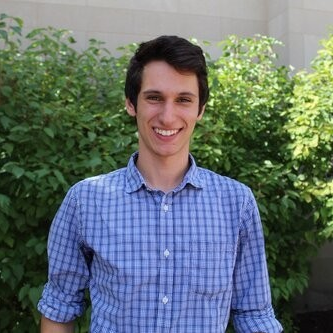
About the Author:
Daniel Daponte is a Boston University undergraduate and served as the NLC Institute for Youth, Education and Families 2021 Thomas M. Menino Fellow.
